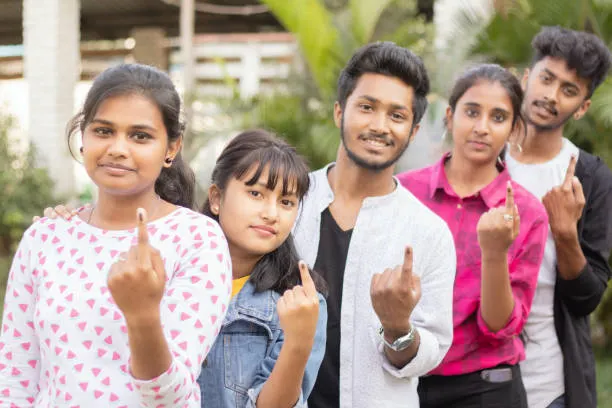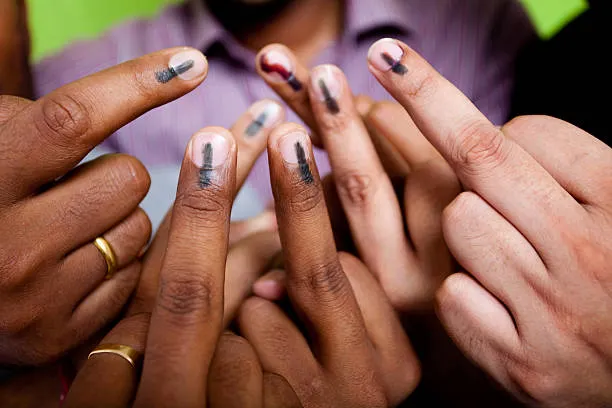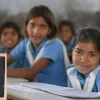As the world’s largest democracy, India is home to over 1.3 billion people, with a significant chunk being young Indians between the ages of 18 and 25. The energy and idealism of this demographic are shaping the nation’s future, and it is crucial that their voices are heard in the democratic process. However, despite comprises a substantial portion of the electorate, young Indians are often underrepresented in Indian elections.
The Power of Youth Voting
In 2014, only 45% of Indian youth voted in the general elections, a stark contrast to the 60%+ participation of older age groups. This is alarming, considering that voting is a fundamental right and a cornerstone of democratic governance. Youth participation is essential to ensure that the concerns and aspirations of the younger generation are represented in the political sphere.
Barriers to Youth Participation
Several factors contribute to the low turnout of young Indians in elections. One significant hurdle is lack of awareness about the electoral process. Many young voters are unaware of the candidates, parties, and issues at stake, making informed decisions challenging. Limited accessibility to polling stations, especially in rural areas, is another significant issue. Additionally, negative stereotyping of young people in politics, coupled with apathy towards electoral processes, can deter them from participating.
Addressing the Barriers

To overcome these barriers, it is essential to demystify the electoral process and engage young Indians in meaningful ways. Political parties and civil society organizations can play a crucial role by conducting voter registration drives, organizing workshops and seminars on civic education, and mobilizing young people to participate in campaigns. Utilizing digital platforms and social media can also help bridge the gap, by sharing information and encouraging young Indians to exercise their democratic right.
Empowering the Next Generation
Empowering the next generation of Indian leaders is crucial for the country’s development and growth. By participating in elections, young Indians can demand better education, employment, and healthcare opportunities, which are vital for their future. Furthermore, their involvement can foster a culture of accountability and transparency, reducing corrupt practices and increasing trust in the political system.
The underrepresentation of young Indians in Indian elections is a pressing concern that demands attention. To empower the future of this democracy, it is essential to break down the barriers that hinder youth participation. By engaging young Indians in the electoral process, we can harness their energy, idealism, and creativity to build a better, more inclusive India. As the nation’s largest demographic cohort, Indian youth have the power to shape the country’s future – let us empower them to exercise that power.


